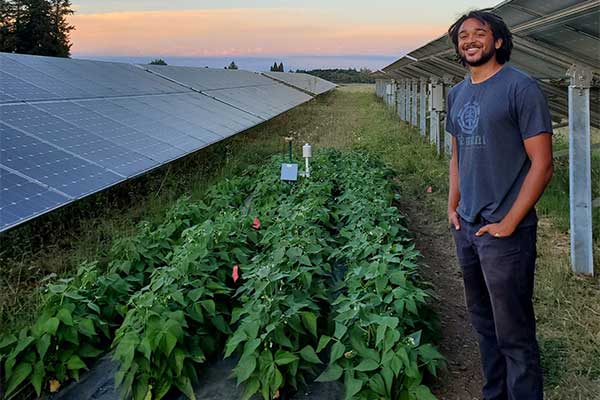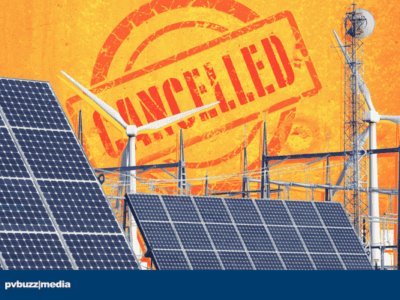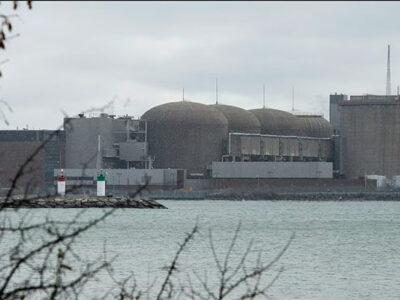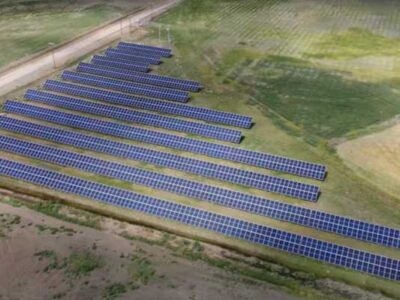- Alberta's recent suspension of renewable energy projects has raised eyebrows, but it could turn into a blessing in disguise with agrivoltaics.
- This emerging technology allows solar panels and crops to coexist, promising both renewable energy and increased agricultural yields.
- Could this be the compromise that puts Alberta back on the path to sustainable development?
The Alberta government has temporarily suspended renewable energy projects to address public concerns about land use.
The Alberta government‘s decision to halt renewable energy development, including solar, has generated controversy.
While some argue that this move jeopardizes Alberta’s progress toward clean energy, it does present an opportunity to find a more sustainable way forward.
One such route is agrivoltaics, a practice that lets farmers install solar panels over their crops without adversely affecting, and even increasing, crop yields.
The Promise of Agrivoltaics in Canada
Agrivoltaics isn’t just a pipe dream; it’s already being practiced in Canada. For example, some setups involve sheep grazing between rows of solar panels.
Advocacy groups like Agrivoltaics Canada are helping to advance this sustainable approach that benefits both energy companies and farmers.
In Alberta, the shift to agrivoltaics would require only minor regulatory changes, making it a feasible and highly beneficial solution for all parties involved.
Future Implications and Stakeholder Benefits
Agrivoltaics is rapidly gaining international recognition for its economic and environmental advantages.
In Alberta, where a significant portion of electricity still comes from fossil fuels, this model could be revolutionary.
Research indicates that utilizing just one percent of Alberta’s agricultural land for agrivoltaics could offset the entire carbon footprint of the province’s electricity sector.
This gives the Alberta government a strong rationale to resume renewable energy projects, this time with an agrivoltaic focus, which would not only protect farmlands but also contribute to lowering greenhouse gas emissions.
Alberta’s renewable energy pause may actually offer a chance to reassess and adapt a more balanced, sustainable approach that benefits farmers, energy companies, and the environment alike. By incorporating agrivoltaics, Alberta could emerge from this hiatus as a leader in both renewable energy and sustainable agriculture.
—
I recently interviewed Vittoria Bellissimo, President and CEO of the Canadian Renewable Energy Association (CanREA), to gain unique insights into the complex issue of the moratorium, and what it means for Alberta’s energy landscape.













Comments